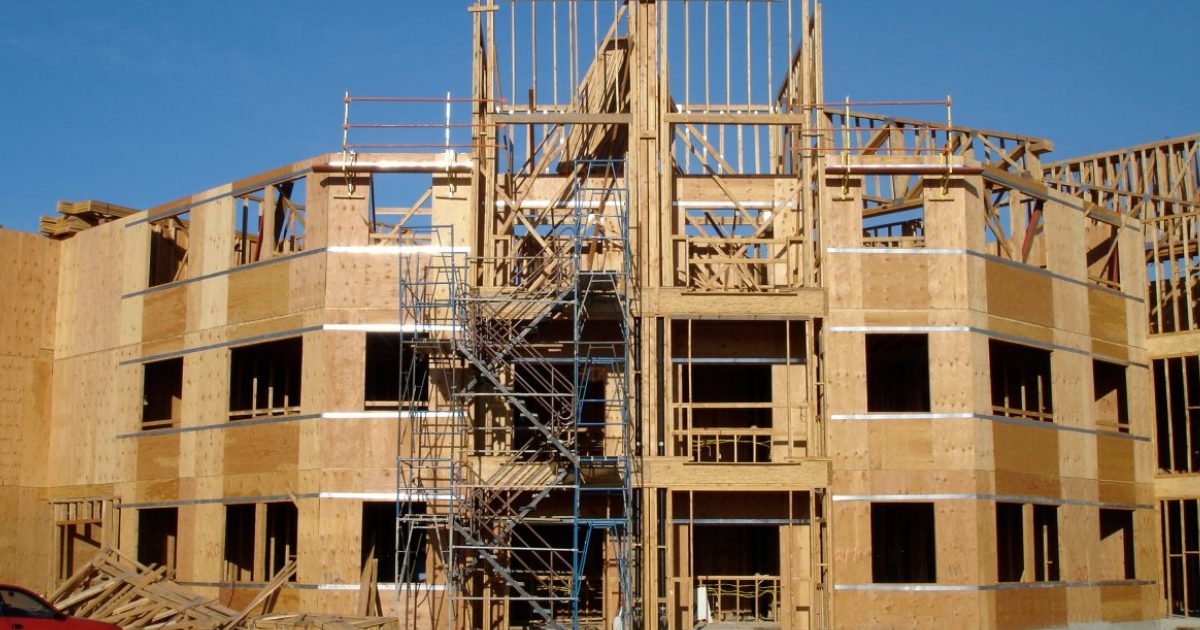
Late this week, a group of Republican Senators responded to President Biden’s latest $1.7 trillion infrastructure proposal with a $928 billion counter-proposal. The two sides remain very far apart, but talks are continuing. The new GOP proposal, which was detailed in a memo sent to the White House, allocates $506 billion for roads and bridges, $98 billion for public transit systems, $46 billion for passenger and freight trail, $21 billion for safety, $22 billion for ports and waterways, $56 billion for airports, among other features.
However, three quarters of the Republican bill repurposes funds already appropriated in previous pandemic legislation. Only $257 billion is new money. This is a classic example of robbing Peter to pay Paul, and should not be acceptable to anyone. It’s certainly not acceptable to NHC as it includes zero funding for housing.
However, there is a plan that could be a model for a negotiated solution that is currently sitting on the sidelines of the debate. The Bipartisan Policy Council (BPC) proposed a trillion dollar plan that included $50 billion in housing investment. It includes a 50% expansion in the Low Income Housing Tax Credit, the Neighborhood Homes Investment Act and funding for public housing repair and rehabilitation. The BPC is a think tank made up of former elected and appointed officials, business and labor leaders, academics and advocates who represent both sides of the political spectrum. Like NHC, the BPC prioritizes getting things done. NHC strongly supports all of the BPC’s recommendations.
NHC has maintained that housing is infrastructure since our founding in 1931. In fact, our first legislative victory occurred when we convinced President Franklin Roosevelt to include funding for the construction of desperately needed public housing in the first infrastructure bill of the New Deal, the National Industrial Recovery Act. Our slogan then is as relevant today as it was in 1933: “Housing is jobs and jobs are housing.”
Housing is a fundamental part of our national infrastructure. It is where we live and increasingly where many of us work and contribute to the economy. Far too many of us, however, are homeless, live in homes in desperate need of repair, or pay more than we should because of a multi-million unit shortage of supply. We cannot be a successful, modern nation without the basic components of a modern economy: high quality roads, quality water, widely available broadband, and affordable and adequate housing for every income level. Without each of these components, we will fail to compete in the 21st century, and all of us will suffer as a result.

